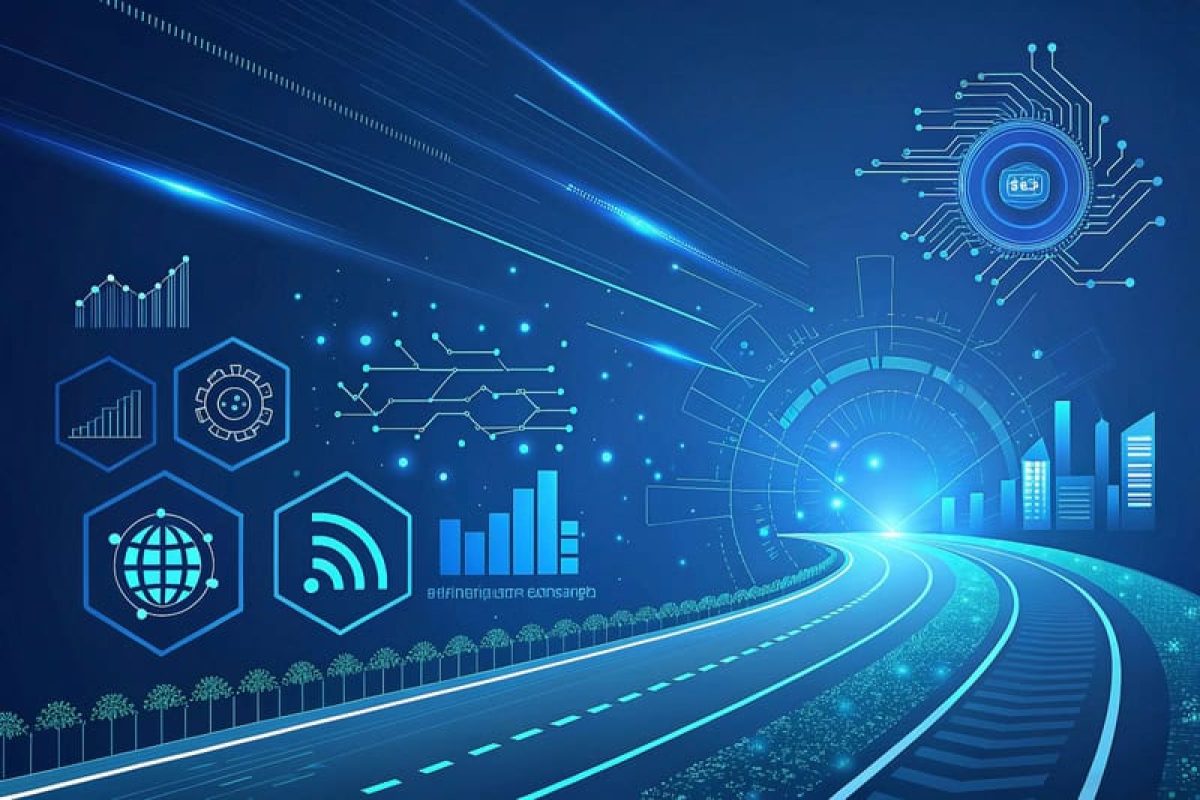Humanity stands on the cusp of an unprecedented transformation. As artificial intelligence (AI) and related technologies accelerate their growth, the next decade promises profound disruptions across workplaces and societies worldwide. Preparing strategically for these changes may determine who thrives, who merely survives, and who falls irreparably behind.
Revolution in the Workplace: Automation and Redefinition of Roles
The workplace of tomorrow will bear little resemblance to today’s traditional offices and factories. Automation, propelled by AI, robotics, and sophisticated machine learning, is rapidly advancing into sectors previously considered immune, from financial analysis to healthcare diagnostics. McKinsey predicts that up to 25% of current jobs in the U.S. and Europe could be significantly displaced by automation by 2030.
But rather than a simple job-erasure narrative, the more nuanced reality is a dramatic reshaping of roles. Repetitive, predictable tasks—data entry, basic customer service, and certain aspects of accounting—will increasingly be managed by intelligent algorithms and robotic systems. Meanwhile, human roles will shift toward oversight, strategy, creative problem-solving, and emotional intelligence. Companies that prepare their workforce for these new roles through upskilling and retraining programs will reap substantial competitive advantages.
Gig Economy Amplified: A Future of Fluid Employment
The gig economy, already robust today, is poised to surge dramatically as traditional employment structures fracture under technology’s disruptive forces. Workers of the future will likely juggle multiple flexible roles, enabled by AI-driven platforms that optimize their tasks and schedules. Organizations will benefit from highly adaptable labor pools, yet this shift comes with significant implications for job security, worker rights, and income stability.
Governments and businesses must proactively develop frameworks and support systems, including portable benefits and new labor laws, to maintain social stability and worker welfare amidst these shifts.
Education Reimagined: Lifelong Learning and AI-Assisted Personalization
To equip workers for the AI-centric future, educational paradigms will dramatically evolve. The traditional model—years of formal education followed by a career—will yield to continuous, lifelong learning. Educational institutions and businesses will increasingly leverage AI to deliver highly personalized, adaptable curricula that meet precise skill demands in real time.
Institutions adopting agile, AI-supported education methods, such as micro-credentialing and adaptive online learning platforms, will be pivotal in shaping competitive workforces. Conversely, those resistant to change risk obsolescence, leaving graduates ill-equipped for emerging professional landscapes.
Healthcare and Human Enhancement: AI Beyond Assistance
AI and biotechnology will dramatically redefine healthcare. AI systems, increasingly adept at diagnosing diseases, recommending personalized treatments, and predicting medical conditions with startling accuracy, promise significant enhancements in human lifespan and quality of life.
Yet, even beyond disease management, the frontier of human enhancement beckons. Advanced technologies—neural interfaces, genetic editing tools like CRISPR, and AI-driven prosthetics—will gradually shift society’s conception of human potential itself.
We could be approaching potential human immortality – at a minimum we’ll see extreme increases in lifespan which will create both new opportunities and new challenges for society living through this demographic shock. Strategic foresight in regulation, ethical guidelines, and access will be vital to ensure these enhancements foster equity rather than exacerbate inequality.
Smart Cities and Intelligent Infrastructure: Urban Life Reengineered
As AI-driven technologies permeate urban planning, cities themselves will transform. Intelligent traffic systems, automated emergency services, real-time environmental monitoring, and hyper-efficient energy management promise to revolutionize urban living.
However, this transformation will require massive investments and thoughtful planning to ensure inclusivity and resilience. Cities prepared with robust digital infrastructures, cybersecurity frameworks, and equitable access policies will thrive, becoming global hubs of innovation and prosperity. Those unprepared may face deepening divides, exacerbating socioeconomic tensions.
Privacy and Surveillance: Navigating Ethical Frontiers
An increasingly connected, AI-driven world also poses profound questions around privacy and surveillance. As AI capabilities expand, the potential for misuse—either by governments or corporations—will heighten. The line between beneficial oversight and invasive monitoring will blur, prompting urgent societal dialogue and stringent regulatory oversight.
Organizations that proactively adopt transparent AI ethics frameworks and robust data privacy measures will secure public trust and long-term viability. Ignoring these dimensions may invite backlash, legal risks, and reputational damage.
Digital Divide Intensified: Inequality in Access and Opportunity
Despite promising widespread benefits, AI advancements risk intensifying global inequalities. Disparities in digital access and literacy may widen, disadvantaging regions and communities unable to leverage new technologies fully.
Addressing this divide demands strategic interventions, including infrastructure investment, digital literacy programs, and global cooperation to democratize technology’s benefits. Entities that recognize and mitigate these divides can harness more robust, diverse markets and avoid exacerbating global instability.
Financial Markets Recalibrated: AI-Powered Economy
AI’s infusion into financial systems will recalibrate markets significantly. Algorithmic trading, AI-driven investment strategies, and predictive analytics are already reshaping financial landscapes. The next decade will deepen AI’s role, creating hyper-efficient markets but also vulnerabilities—such as algorithm-driven volatility and systemic risks from interconnected automated systems.
Companies and regulators that implement proactive, adaptive risk management strategies and robust governance protocols will secure stability and foster trust. Those lagging behind may find themselves exposed to sudden disruptions and diminished credibility.
Navigating the Unpredictable: Strategic Imperatives for Organizations
In this fast-approaching future, organizations face a stark choice: prepare strategically or risk irrelevance. The intersection of technology, societal shifts, and workforce evolution demands agility, foresight, and adaptive capacity.
Leaders should now focus on several strategic imperatives:
- Prioritize digital transformation and automation strategies.
- Invest in lifelong learning and flexible workforce models.
- Embrace proactive AI ethics and privacy practices.
- Build inclusive digital access policies and practices.
- Develop resilience through robust infrastructure and cybersecurity.
Those who anticipate and strategically manage these changes will not merely survive but thrive, capitalizing on unprecedented opportunities and navigating profound challenges.
In the words of futurist Alvin Toffler, “The illiterate of the 21st century will not be those who cannot read and write, but those who cannot learn, unlearn, and relearn.” Now, more than ever, strategic preparation will define our collective journey down this transformative road.




